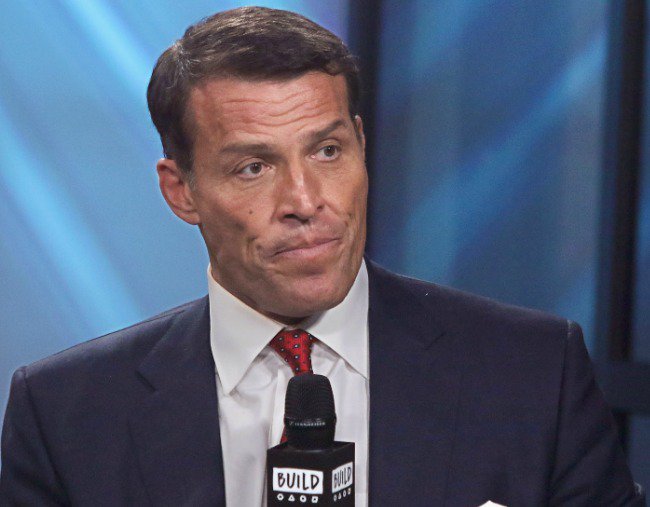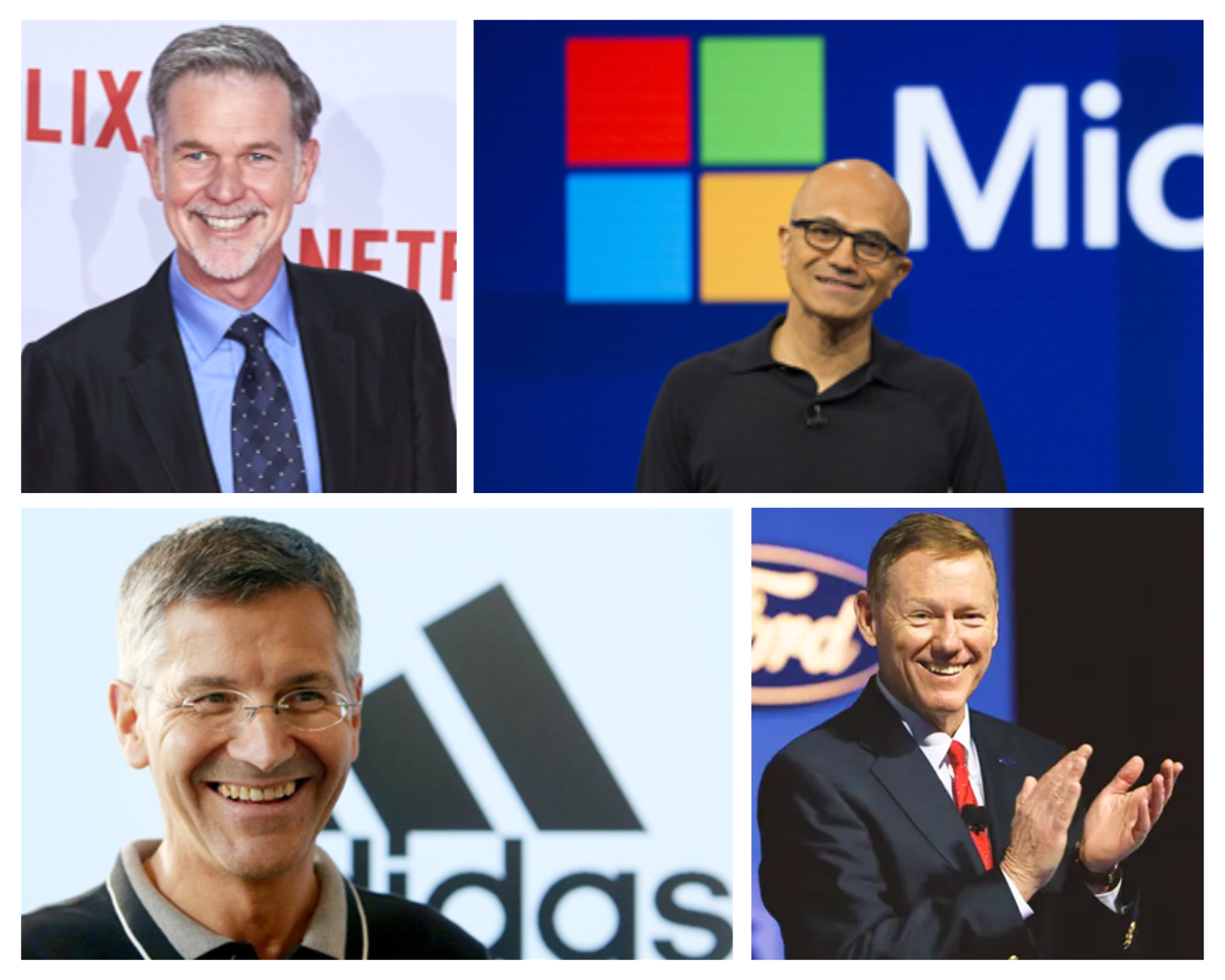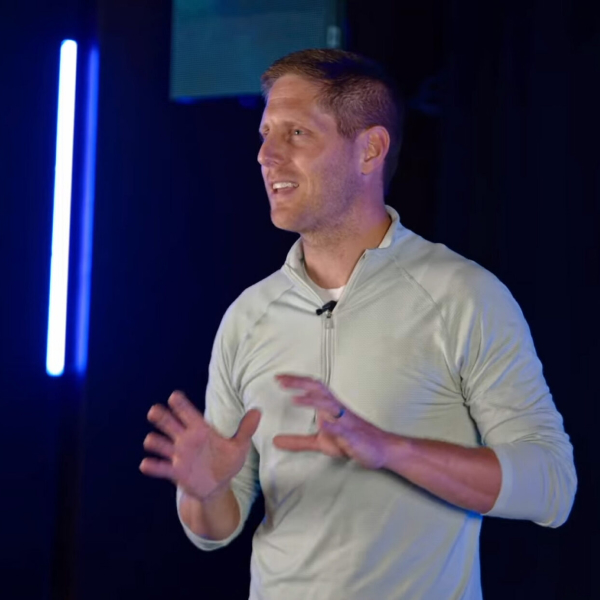A few days ago, I saw a recently-released video of an unpleasant interaction between Tony Robbins and a member of one of his large training seminars, Nanine McCool. In this training seminar, Tony made some comments related to the #metoo movement that Nanine didn’t agree with. Nanine took the opportunity to politely suggest that his perspective was a little off. Tony responded rather aggressively with a technique that is called DARVO (Deny, Attack, and Reverse Victim and Offender). Since the video was released, it has gone viral and Tony has been taking a lot of heat.
You can see this troubling exchange here (shorter, higher quality) and here (longer, lower quality).
Then today, Tony released an apology, which you can find here.
While I think this is a very interesting case study into social movements and political correctness, I DO NOT want to focus on what transpired, or the perspective of either party.
But, I DO want to focus on how to effectively respond to instances like this.
This is because how society and people respond to controversial issues often matters even more than the event that brought the issue to mainstream culture.
So, while I could have selected from many social awareness-related issues, this Tony Robbins example is timely.
What determines how people respond to socially- or politically-charged issues?

After a socially- or politically-charged event arises, often what happens on social media is a rather immediate polarization of thought.
For example, in the comments in Tony Robbin’s apology, it was easy to find people that were:
Against Tony
Example comments:
- “Too little too late. You meant exactly what you said. We see right through your poor attempt at damage control.”
- “Not good enough for me. Your words changed my opinion of you tremendously. I hope you’ll continue to educate yourself on this issue and to do active outreach for women’s causes, including with those clients of yours who refuse to hire qualified women instead of solving the real problem.”
- “Using your physical presence to intimidate and silence a woman is a bridge too far. You responded to her words with physical intimidation. You just proved yourself nothing but a bully at heart.”
For Tony
Example comments:
- “Third wave feminism and Social Justice Warriors are now trying to bully Tony into being some sort of monster which he isn’t, Tony was just being honest and only people who live a lie get uncomfortable with the truth.”
- “Tony, you’re great. 💖 Lets remember all that good Tony does, rather than focus on the 1 misunderstanding. Sheesh 😐 Typical unhealthy minds of people nowadays, so quick to hate!”
- “Liberals are always looking to be offended.”
- “I’m as liberal as they get and I wasn’t offended. In fact I think he’s right and folks are just having a hard time understanding the context.”
While different perspectives and conflict around sensitive topics is important, generally polarization is not an effective response that leaves the situation better off than before the situation.
What many do not realize is that our responses and the effectiveness of our responses lie not in our ability to process information or in our communication abilities. The effectiveness of our responses lies in the mindsets that we possess.
If we can approach socially- or politically-charged topics with the appropriate mindsets, we can be a great influence for good to those engaging in the conversation.
What mindsets help us to respond effectively to socially- or politically-charged topics?

Let me highlight two. Growth mindsets and open mindsets.
Growth Mindsets
When we have a growth mindset, we believe that others can change and develop. This is opposite to a fixed mindset, which occurs when we believe that others cannot change and develop. The mindset that we have impacts how we act and respond. Let me give you an example.
This morning I was listening to the Les Misérables soundtrack.
In Les Misérables, much of the story is about Inspector Javert chasing down Jean Valjean. Javert really had it out for Jean Valjean, and one reason why is because of Javert’s mindset. In my favorite song in Les Misérables, ‘The Confrontation,’ Jean Valjean and Javert go back and forth, with Jean Valjean proclaiming to be a different person than he once was. But Javert justifies his efforts to chase down Jean Valjean by saying: “I’ve hunted you across the years. A man like you can never change. A man such as you.”
Had Javert possessed a growth mindset, he likely wouldn’t have wasted many years of hard effort to track down Jean Valjean. But, because he believed Jean Valjean couldn’t change, he seemed justified in his behaviors.
This exemplifies how our mindsets fuel our thinking and our behaviors.
(BTW. I am not suggesting that we do not require justice when crimes have been committed)
Open Mindsets
When we have an open mindset, we are open to new ideas and suggestions. When we have a closed mindset, we are not open to the ideas and suggestions of others, and we fail to try to see the perspective of others.
One of the best articles I have read on this topic is a post by Farnam Street that references key ideas from Ray Dalio’s recent book, Principles.
In this article, one aspect of open-mindedness that is emphasized is the idea that those with an open mindset do not allow their minds to shut off once an idea gets in. Rather, Ray Dalio states:
“Open-minded people can take in the thoughts of others without losing their ability to think well—they can hold two or more conflicting concepts in their mind and go back and forth between them to assess their relative merits.”
I love this idea of being able to hold two or more conflicting concepts simultaneously. So often, either through our natural reactions or through social pressure, we feel compelled to choose one side and all that comes with it.
How can we effectively respond to socially- or politically-charged topics?
![]()
To respond effectively to socially- or politically-charged topics, we need to do so with growth and open mindsets.
We have got to be able to believe that others, particularly those who have made mistakes can learn and grow. In the instance of Tony Robbins, it is going to be most helpful if we can see that Tony can learn and grow.
In one of the quoted statements above, one commenter does not allow him that opportunity in his/her mind, and thus demonstrated a fixed mindset when he/she stated, “You’re nothing but a bully by heart.”
We have also got to be able to hold conflicting ideas in our minds. Pertaining to the Tony Robbins example, do we have the ability to simultaneously think that Tony Robbins does some great things and is generally a really good person, but he did something wrong?
If we can do both of these things, (1) see others as being able to grow and develop and (2) hold conflicting ideas in our heads simultaneously, we can really be a powerful influence for improving how society handles controversial topics.
Let me give you two such comments that were provided in response to Tony Robbin’s apology:
-
“I have a great amount of admiration for Tony Robbins and was taken aback by his recent comments. I was hoping for some sort of explanation and I have gotten it. If we were perfect beings we would all be floating balls of lights. But we are not. I really appreciate learning from Tony and having Tony explain that in many ways he is still a student, like all of us. Keep up the good work Tony, stay humble and human and we can all learn from you.”
-
“Someone wrote that you, Tony Robbins, had an amazingly awful 10 minutes. I think we are all entitled to being amazingly awful for 10 minutes, it is how we respond to being awful that is the true test of character, imo. While I would have hoped for an earlier response, I’m very glad to see this response. I look forward to reading your continued growth on this topic. And I think the woman in the audience was a great teacher.”
Can you sense the difference between these two comments and the comments above? Which are more productive, enlightening, and beneficial?
Conclusion
I want us all to better understand that our mindsets fuel how we think, respond, and behave. If we can realize that, and become more aware of our mindsets, we can become a greater force for good in our world.
If you want to learn more about mindsets, how to become more aware of your mindsets, and how to improve your mindsets to improve your life, work, or leadership, please subscribe to my blog here, or go to my website and blog. By subscribing, you will get 15 Videos Sure to Upgrade your Mindsets.










